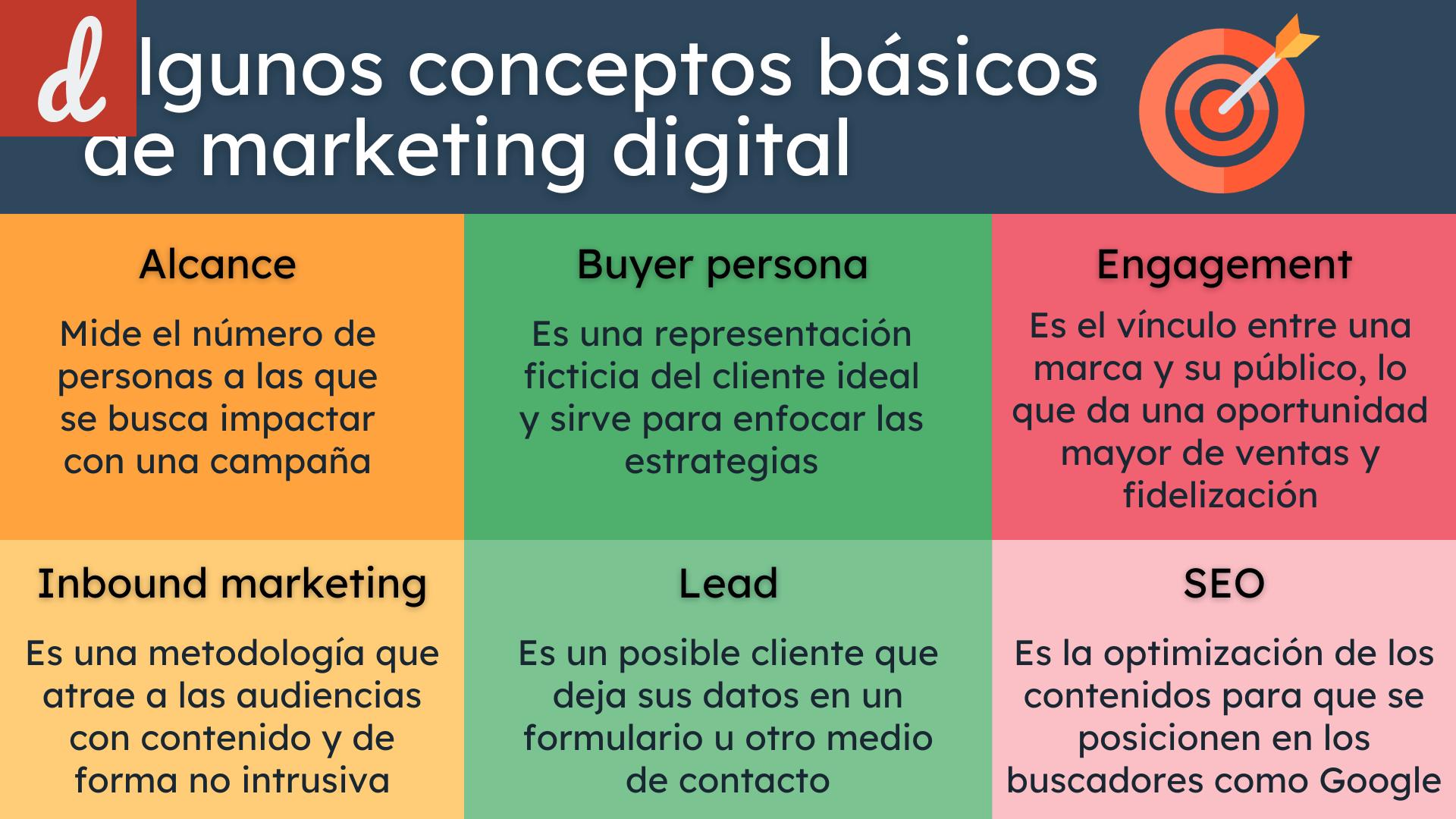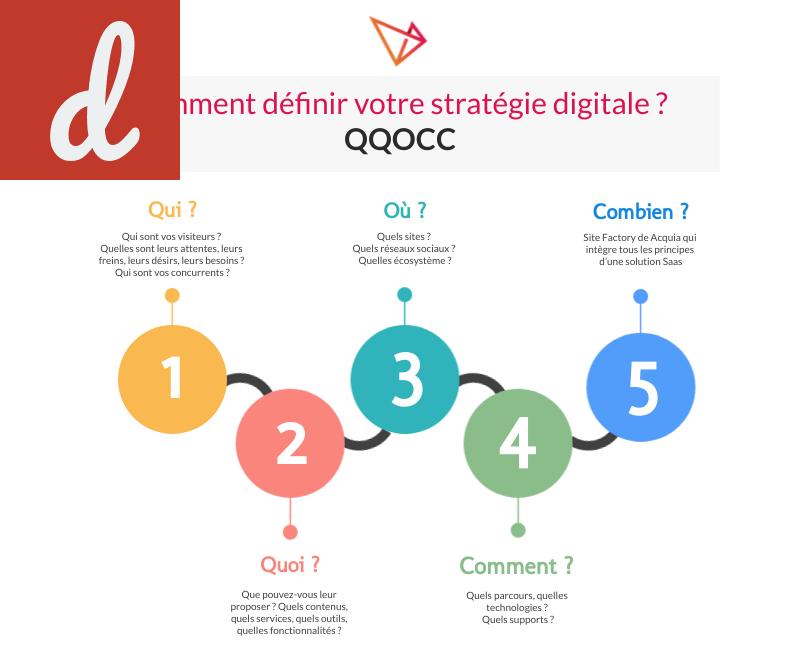Main Title: Key Functions of a Digital Marketing Platform
In the fast-paced digital era, businesses are leveraging the power of online marketing to reach their target audience effectively. To keep up with the changing landscape, organizations are relying on digital marketing platforms that offer a wide array of functions to streamline their online campaigns. These platforms are designed to help businesses plan, execute, and measure their marketing efforts across different digital channels. Let's explore some of the key functions of a digital marketing platform:
- Data Analytics: A digital marketing platform provides businesses with powerful analytics and reporting capabilities. It allows users to track and measure various metrics, such as website traffic, conversions, click-through rates, and more. This data provides valuable insights that help businesses understand their audience, measure campaign performance, and make data-driven decisions to optimize their marketing strategies.
- Multi-channel Integration: A robust digital marketing platform enables businesses to manage their marketing activities across various digital channels, including social media, email, search engine advertising, and content marketing. It allows businesses to create, schedule, and publish content on different platforms, ensuring consistent messaging and branding across channels. This integration allows for a more cohesive and unified marketing approach.
- Customer Relationship Management (CRM) Integration: Many digital marketing platforms offer CRM integration, enabling businesses to connect their marketing efforts with customer data. By combining marketing and CRM data, businesses can create targeted and personalized campaigns based on individual customer preferences and behaviors. This integration also facilitates better lead management, customer engagement, and nurturing of relationships throughout the entire customer journey.
- Automation: Automation is a crucial function of a digital marketing platform. It allows businesses to automate repetitive tasks, such as email marketing, social media posting, and lead nurturing. By automating these processes, businesses can save time, improve efficiency, and provide a more personalized experience to their customers. Automation workflows can be customized based on specific triggers, such as email opens, website visits, or form submissions, ensuring timely and relevant interactions with prospects and customers.
- Personalization: Personalization is a key aspect of effective digital marketing. A digital marketing platform enables businesses to deliver personalized content and offers to their audience based on their preferences, demographic information, and behaviors. By tailoring messaging and experiences to individual customers, businesses can increase engagement, conversion rates, and ultimately drive revenue. Personalization can be achieved through dynamic content, targeted email campaigns, and personalized recommendations, among other strategies.
In conclusion, a digital marketing platform is a powerful tool that empowers businesses to execute their online marketing strategies effectively. From data analytics and multi-channel integration to automation and personalization, these platforms offer a wide range of functions that help businesses reach their target audience, drive engagement, and achieve their marketing goals. By leveraging the capabilities of a digital marketing platform, businesses can stay ahead of the competition and maximize their online presence.
Essential Features of a Digital Marketing Platform
In today's digital age, having a strong online presence is essential for the success of any business. To ensure maximum reach and effectiveness, businesses rely on digital marketing platforms that provide a wide range of tools and features. These platforms help businesses streamline their marketing campaigns, reach their target audience, and maximize their return on investment. Here are some essential features that every digital marketing platform should have:
Social Media Integration: Social media platforms play a crucial role in digital marketing. A good digital marketing platform should have built-in functionality to connect with various social media platforms. This integration allows businesses to easily manage their social media campaigns, schedule posts, track engagement, and analyze performance.
Website Analytics: Understanding your website's performance is vital for optimizing your digital marketing efforts. A comprehensive digital marketing platform should provide detailed website analytics that track visitor behavior, traffic sources, conversion rates, and more. This data helps businesses identify areas for improvement and make data-driven decisions.
- Email Marketing: Email marketing remains a powerful tool for businesses to communicate with their customers. An effective digital marketing platform should include email marketing features, such as email campaign management, segmentation, automation, and tracking. This allows businesses to personalize their communication and nurture leads.
- Search Engine Optimization (SEO) Tools: A digital marketing platform should provide tools to optimize a website's search engine visibility. These tools help businesses analyze keywords, track rankings, perform competitor analysis, and optimize website content for better search engine rankings.
Content Management: Creating and managing content is a vital aspect of digital marketing. A good digital marketing platform should have a built-in content management system that allows businesses to create, publish, and distribute content across various platforms. This feature enables businesses to maintain consistent brand messaging and engage with their audience.
Lead Generation and Management: Generating and managing leads is a top priority for businesses. A digital marketing platform should provide lead generation tools, including landing page creation, lead capture forms, and lead nurturing functionality. Additionally, it should offer lead management features, such as lead scoring, segmentation, and automated follow-ups.
Campaign Tracking and Reporting: Measuring the success of marketing campaigns is crucial for businesses to make data-driven decisions. A digital marketing platform should offer robust tracking and reporting capabilities. These features provide real-time campaign performance data, A/B testing, conversion tracking, and detailed reports, enabling businesses to optimize their marketing strategies.
Integration with Third-Party Tools: Many businesses use various third-party tools to enhance their digital marketing efforts. A digital marketing platform should have integration capabilities with popular tools like CRM systems, email marketing software, customer support platforms, and more. This ensures seamless data flow and allows businesses to leverage the power of multiple tools from a single platform.
Investing in a comprehensive digital marketing platform provides businesses with the necessary tools to succeed in today's competitive online landscape. With the essential features discussed above, businesses can effectively manage their digital marketing campaigns, reach their target audience, and drive business growth.
Must-have capabilities of a digital marketing platform
In today's rapidly evolving digital landscape, businesses need to stay ahead of the competition by effectively reaching, engaging, and converting their target audience. This is where a robust digital marketing platform becomes essential. A digital marketing platform is a comprehensive tool that combines various technologies and channels to streamline and enhance marketing efforts. To maximize the benefits, there are certain capabilities that businesses should look for when choosing a digital marketing platform.
1. Multichannel integration: A digital marketing platform should provide seamless integration across multiple channels such as email, social media, mobile, and web. This enables businesses to create consistent and coordinated marketing experiences for their audience.
- Email marketing: The platform should offer powerful email marketing tools with automation capabilities to personalize and segment email campaigns.
- Social media marketing: With social media being a prominent marketing channel, the platform should provide features for managing and scheduling social media posts, monitoring conversations, and analyzing performance.
2. Customer segmentation and targeting: The ability to segment target customers based on their demographics, behaviors, and preferences is crucial. A digital marketing platform should offer advanced segmentation features to create personalized campaigns and deliver relevant content to specific customer segments.
3. Marketing automation: To streamline marketing processes and save time, a digital marketing platform should incorporate automation capabilities. This includes automating tasks such as lead nurturing, customer onboarding, and personalized messaging based on customer behavior and triggers.
4. Analytics and reporting: An effective digital marketing platform should provide robust analytics and reporting features. This allows businesses to track and measure the success of their marketing campaigns, identify areas for improvement, and make data-driven decisions. Key metrics to consider include website traffic, conversion rates, customer engagement, and campaign ROI.
- Website analytics: The platform should integrate with popular web analytics tools, providing actionable insights into website performance and user behavior.
- Campaign tracking: It should offer comprehensive tracking capabilities to monitor the success of marketing campaigns across different channels, allowing businesses to identify the most effective strategies.
5. Personalization: Consumers now expect personalized experiences from brands. A digital marketing platform should enable businesses to deliver targeted and tailored content to their audience. This includes dynamic content creation, personalized recommendations, and real-time messaging.
6. Integration with other systems: To fully leverage a digital marketing platform, it's essential for it to integrate with other business systems such as customer relationship management (CRM), content management system (CMS), and e-commerce platforms. This ensures smooth data flow, enabling businesses to create seamless customer experiences.
Conclusion: By considering these must-have capabilities, businesses can choose a digital marketing platform that aligns with their marketing goals and objectives. A powerful and comprehensive digital marketing platform can significantly enhance marketing efforts, improve customer engagement, and drive business growth in today's digital age.

Important Functions for a Successful Digital Marketing Platform
Digital marketing is an essential part of any business strategy in today's digital age. With the continuous growth and dominance of the online market, having a successful digital marketing platform is crucial for businesses to thrive and stay ahead of the competition. To ensure a successful digital marketing platform, there are several important functions that need to be incorporated. Let's explore them in detail.
One of the key functions of a successful digital marketing platform is target audience identification. It is essential to identify and understand your target audience to effectively tailor your marketing efforts. By analyzing data and consumer behavior, you can create targeted campaigns and personalized content that resonate with your audience's interests and preferences. This will result in higher engagement and conversion rates.
Content marketing is another critical function for a successful digital marketing platform. High-quality, relevant, and valuable content can help establish your brand as an authority in your industry. By consistently creating and distributing valuable content, you can attract and engage your target audience. This can be done through various channels such as blogs, whitepapers, videos, webinars, and social media platforms.
The search engine optimization (SEO) function is crucial for driving organic traffic to your website. Optimize your website and content with relevant keywords, meta tags, and descriptions. This will improve your website's visibility in search engine results pages, leading to increased organic traffic and higher chances of conversion. Implementing other SEO techniques like link building, image optimization, and website speed optimization can further enhance your digital marketing efforts.
Social media marketing has become an integral part of digital marketing. A successful digital marketing platform must include social media integration to reach a wider audience and engage with potential customers. Create business profiles on popular social media platforms such as Facebook, Twitter, Instagram, LinkedIn, and Pinterest. Regularly post engaging content, interact with followers, and run targeted advertisements to boost brand awareness and drive traffic to your website.
- The email marketing function is still an effective way to nurture leads and maintain customer relationships. Build an email list and regularly send out newsletters, promotional offers, and personalized content to keep your audience engaged. Email marketing allows you to directly reach out to your audience, drive traffic to your website, and generate sales.
- Analytics and tracking are vital functions of a successful digital marketing platform. Use web analytics tools to monitor your website traffic, user behavior, and conversion rates. This data will provide valuable insights that can help you make informed decisions to optimize your digital marketing strategies. Regularly analyze and track the performance of your campaigns, landing pages, and social media efforts to identify areas for improvement and maximize your ROI.
In conclusion, a successful digital marketing platform should encompass several important functions. From identifying your target audience and creating valuable content to optimizing your website and tracking your performance, these functions are crucial for driving traffic, increasing brand awareness, and generating leads. Incorporating these functions into your digital marketing strategy will help you stay competitive in the online market and achieve your business goals.
Crucial features to look for in a digital marketing platform
In today's competitive business landscape, having a strong online presence is essential for success. A digital marketing platform plays a crucial role in helping businesses reach their target audience and achieve their marketing goals. However, with so many options available, it can be overwhelming to choose the right platform that meets your business needs. To make the decision easier, here are some crucial features to look for when selecting a digital marketing platform:
1. User-friendly interface: The platform should have an intuitive and user-friendly interface that allows even those without technical expertise to navigate and use the various tools and features. A complex interface can waste time and hinder productivity, so opt for a platform that is easy to understand and operate.
2. Comprehensive analytics: Analytics are at the core of any successful digital marketing strategy. The platform should provide comprehensive analytics to track and measure the performance of your campaigns, such as website traffic, conversion rates, click-through rates, and more. This data will enable you to make informed decisions and optimize your marketing efforts for better results.
3. Multi-channel capabilities: A good marketing platform should have the ability to manage and automate marketing campaigns across multiple channels, such as email marketing, social media, search engine optimization (SEO), content marketing, and more. This allows you to create a cohesive and integrated marketing strategy across various channels, reaching a wider audience.
- Email marketing: Send personalized emails and automated campaigns.
- Social media: Schedule and publish posts, engage with followers, and analyze social media metrics.
4. Personalization and segmentation: Personalization is key to delivering targeted and relevant content to your audience. Look for a platform that allows you to segment your audience based on various criteria, such as demographics, interests, behavior, and purchase history. This will enable you to create personalized campaigns tailored to specific segments, resulting in higher engagement and conversions.
5. Integration capabilities: The platform should seamlessly integrate with other tools and services you currently use, such as CRM systems, e-commerce platforms, customer support software, and more. Integration ensures smooth data flow and allows you to have a centralized view of your marketing efforts and customer data.
6. Automation and workflow: Automation is a time-saving feature that helps streamline your marketing processes. Look for a platform that offers automation capabilities, such as automated email campaigns, social media scheduling, lead nurturing, and workflow automation. This frees up your time to focus on other important aspects of your business.
7. Customer support and training: Consider a platform that provides good customer support, including technical assistance, training resources, and a responsive customer service team. Reliable support ensures that you can quickly resolve any issues and make the most out of the platform's features.
Conclusion: Choosing the right digital marketing platform is crucial for the success of your business. By looking for these crucial features such as a user-friendly interface, comprehensive analytics, multi-channel capabilities, personalization and segmentation, integration capabilities, automation and workflow, and customer support and training, you can ensure that your marketing efforts are efficient, effective, and yield the desired results.



Dec 27, 2023 says :
Les Fonctionnalités Essentielles D'une Plateforme De Marketing Digital